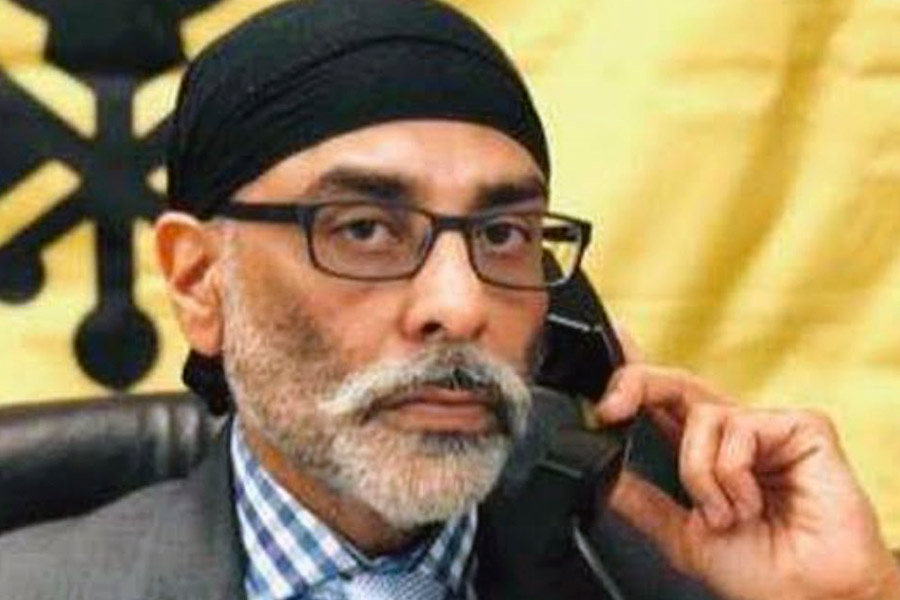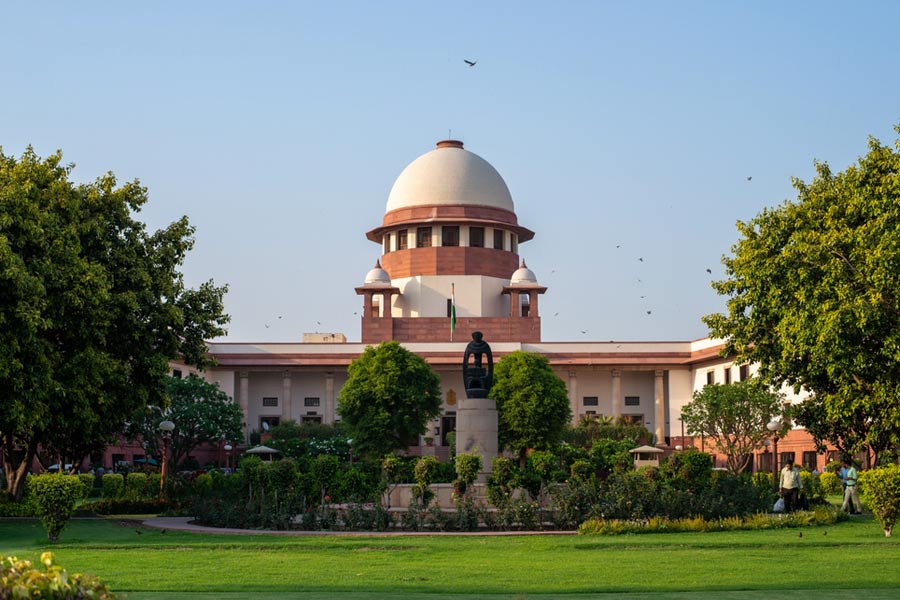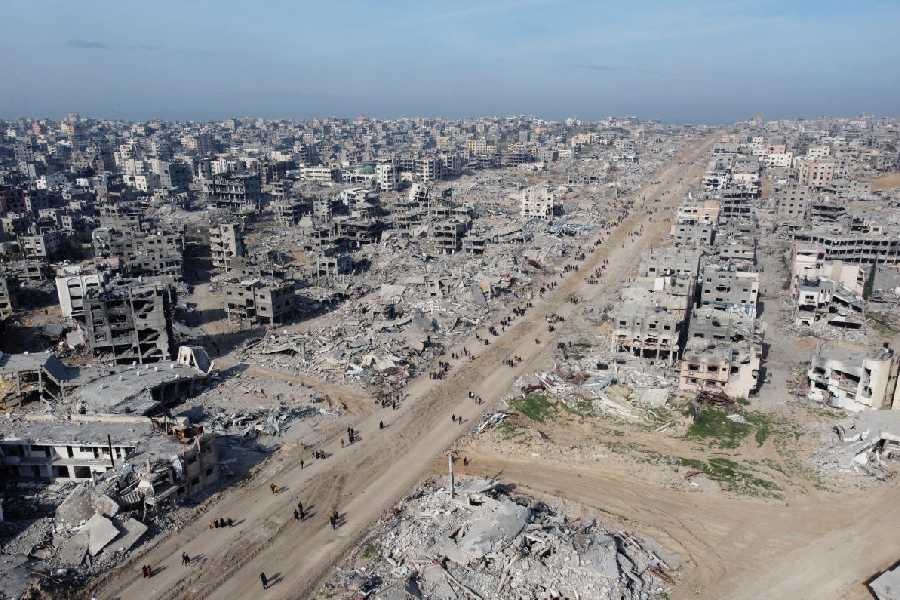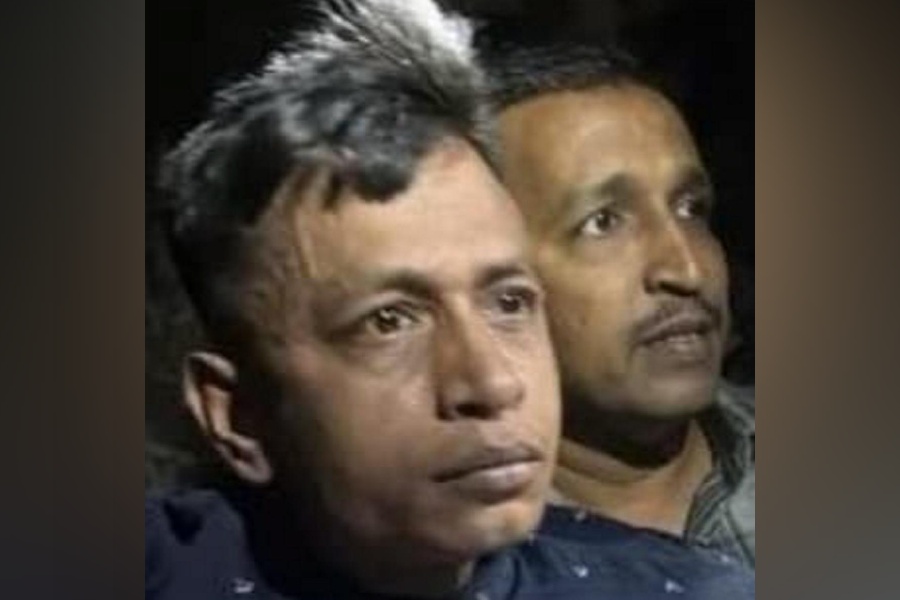A US federal government watchdog has cited the murder of Khalistani separatist Hardeep Singh Nijjar and the alleged plot to kill Sikhs for Justice head Gurpatwant Singh Pannun to implore the state department to designate India a “Country of Particular Concern” or CPC.
Till late Saturday night, the external affairs ministry had not responded to this recommendation by the United States Commission on International Religious Freedom (USCIRF).
For four successive years across the Trump and Biden administrations, the state department has ignored the USCIRF’s recommendation to designate India as a CPC for targeting minorities and disadvantaged sections of society, preferring not to upset the deepening bilateral partnership.
In a statement on Friday, the commission said it was “alarmed by India’s increased transnational targeting of religious minorities and those advocating on their behalf”.
“Recent efforts by the Indian government to silence activists, journalists, and lawyers abroad pose a serious threat to religious freedom,” the statement added.
“Due to India’s systematic, ongoing, and egregious violations of freedom of religion or belief, USCIRF implores the US Department of State to designate India a Country of Particular Concern (CPC).”
USCIRF commissioner Stephen Schneck, focusing specifically on the alleged targeting of Khalistani separatists overseas by India, said: “The Indian government’s alleged involvement in the killing of Sikh activist Hardeep Singh Nijjar in Canada and the plot to kill Gurpatwant Singh Pannun in the United States are deeply troubling, and represent a severe escalation of India’s efforts to silence religious minorities and human rights defenders both within its country and abroad.”
The commission described this as “transnational repression”, where governments use intimidation, harassment or violence against those living outside their countries’ borders.
“Indian authorities have used spyware and online harassment campaigns to target and intimidate journalists and activists abroad advocating on behalf of religious minorities,” it said.
In this context, the commission flagged the online campaign against Wall Street Journal reporter Sabrina Siddiqui, who had posed a question to Prime Minister Narendra Modi about religious freedom conditions in India during his visit to the US in June.
“Within its own borders, Indian authorities have repeatedly used draconian legislation like the Unlawful Activities Prevention Act and anti-conversion laws to systematically crack down on religious minorities, journalists, and activists,” the commission’s statement said.
“Extending this repression to target religious minorities from India living abroad, including intimidation tactics against journalists, is especially dangerous and cannot be ignored.”
The statement added: “We urge the US government to continue its active engagement with senior Indian officials and international partners to ensure religious minorities can live and express themselves without fear of reprisal, whether in India or elsewhere.”
The USCIRF is an independent, bipartisan US federal government agency created by the 1998 International Religious Freedom Act (IRFA). Successive governments in New Delhi have found the USCIRF a meddlesome body but have sought to remain outwardly unfazed by its remarks and recommendations.
Once a country is designated as a CPC, the IRFA provides the US secretary of state with a range of flexible and specific policy options (referred to as presidential actions) to address serious violations of religious freedom there.
These options, which can include sanctions, are not automatically imposed and are routed through the US Congress. Economic measures are invoked only when non-economic policy options have been exhausted.












